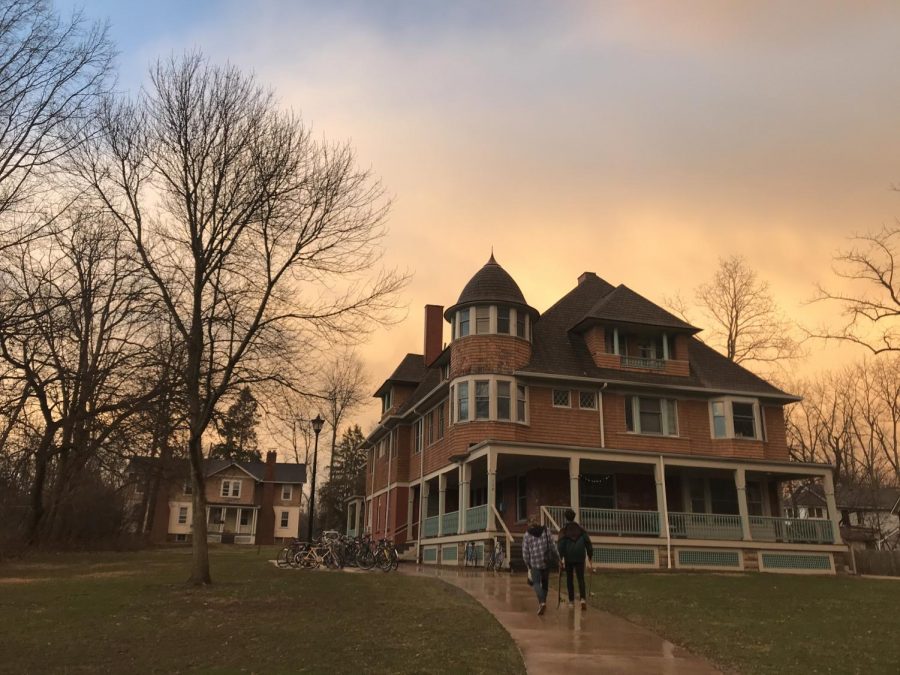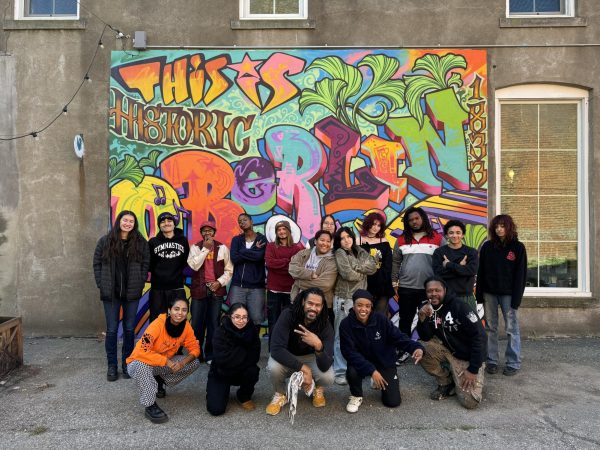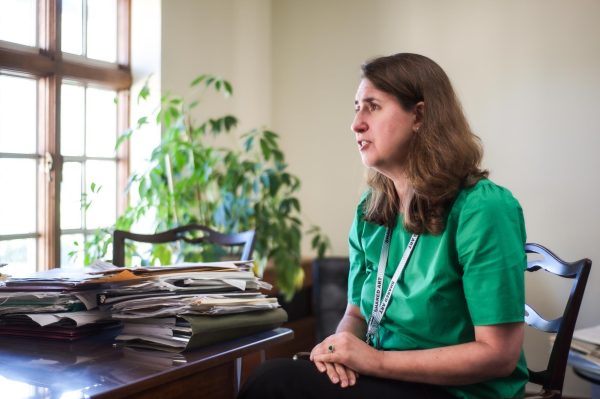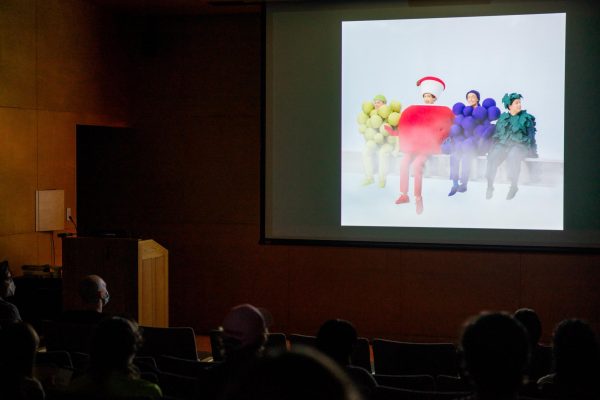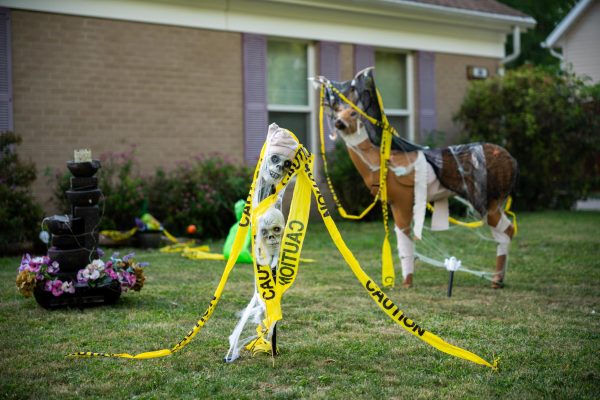OSCA Reopens, Hoping to Preserve Institutional Memory
Located just east of campus, Tank returns to co-op life in full swing.
After temporarily closing its doors during the COVID-19 pandemic, the Oberlin Student Cooperative Association has resumed its housing and dining operations. OSCA is a student-owned and run nonprofit organization that offers housing and dining services to almost a quarter of students on campus. While new OSCAns are being inducted into the co-op experience, veterans are taking on the responsibility of preserving the nonprofitís traditions and institutional memory.
While the organization is a separate entity from the College, OSCA was completely shut down in March 2020, and many of its housing and dining facilities were repurposed by Residential Education and Campus Dining Services. At the time, many students felt that the halt on all OSCA-related activities jeopardized its significant presence on campus.
“Over COVID[-19], it felt like OSCA went completely silent, which makes complete sense because it was a global pandemic,” College fourth-year Izzy Halloran said. “But what I have been thinking about is how the first- and second-years may not be aware of the traditions, qualities, and characteristics of each co-op. It is a bit sad to think that those things will leave with the upperclassmen.”
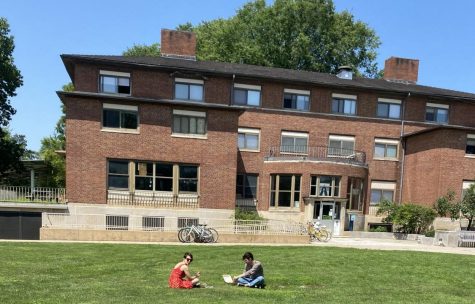
(Anisa Curry Vietze, Editor-in-Chief)
In the months before COVID-19 took hold in the United States, Halloran had been acting as head cook and serving as the missed-jobs coordinator at the Kosher-Halal Co-op, which is not under OSCA’s umbrella but followed the same structure. KHC was recently closed permanently following an executive decision by the college.
“I’ve been waiting for the return of OSCA ever since it closed,” Halloran said. “I’m dining at Tank [Hall] this year, which is very exciting for me because, as someone who does not eat meat or fish, I had a difficult time finding sources of protein during the spring and summer semesters.”
For Halloran, an OSCA member since 2018, the co-op experience provides an intimate, close-knit community, and it has given her a new set of skills she feels will inform the rest of her life.
“OSCA has also helped me and countless others find a more cost-effective dining plan, one that offers us increased agency over our food,” she said. To be able to know where our food comes from, to cook it ourselves, and to serve it to each other is an invaluable experience.”
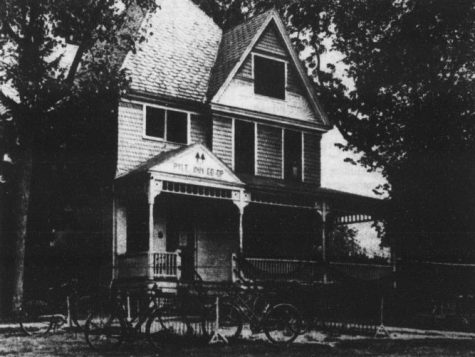
The idea of preserving the organization’s institutional memory seems to be on everyone’s minds as OSCA reopens its doors to residents and diners.
“Preserving co-op traditions is the most important thing [to them] right now. In discussions and in house meetings, it seems like people are really dedicated to maintaining Hark[ness House]’s personality for the new members,” Harkness Housing Loose Ends Coordinator and College fourth-year Tal Clower said. “Recently, we were voting on the shower policy, because Harkness used to have group showers and when the pandemic happened ResEd put in dividers. A couple of the people who have never been in OSCA before were saying that it felt a little bit uncomfortable but that we should take them down in the interest of maintaining the co-op’s rituals.”
Tasked with preserving OSCA’s institutional memory, many co-ops, including Harkness and Tank, have created historian positions. Responsibilities include recording, collecting, and presenting co-op histories in hopes of rebuilding the broader OSCA community and identity. Along with OSCA’s overarching historian — a position that remains to be filled — the co-op historians will document newsworthy events, take pictures and record oral histories, write articles, and lead historical discussions as OSCA reintegrates itself into daily campus life.
“Most of the residents of Keep Cottage have never been in a co-op before,” HLEC Beaux Watwood said. “So I think finding our own way right now is both a burden and full of tons of excitement and the potential to be creative. It’s so fun to meet all of my first-years and get them excited about having the autonomy to make our own decisions.”
Still, the road ahead is not entirely smooth.
“I think we’re all struggling with the reopening,” Watwood said. “We don’t really know what the status quo is, and now that a lot of the students who were in OSCA before the pandemic have graduated, it has been really difficult because we have to be creative about questions like, ‘How do we do things? How do we remember how other people did things before? What does OSCA look like following [COVID-19]?'”
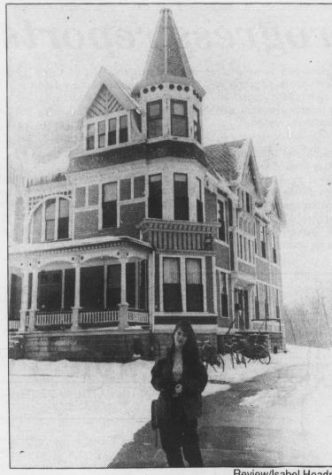
While OSCA undergoes a time of change and renewal, returning members agree on the importance of its vitality.
“I’ve been in OSCA every semester of college, except for COVID[-19],” Clower said. “I had never even been away to sleepaway camp before, so when I got here for Orientation and was eating in [Stevenson Dining Hall], that was the most stressful part of my day. There were so many people, and I didn’t know what to do. I felt so overwhelmed. When I first got to OSCA, I remember I would be sitting in the lounge doing homework, feeling kind of lonely or down, and someone would walk in and just strike up a conversation. It’s so important that we make first- and second-years aware of OSCA because it gives people a sense of place — a special community that makes you feel like you belong.”


